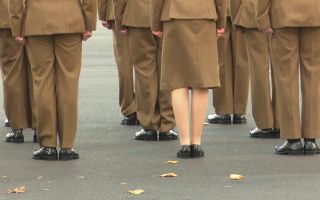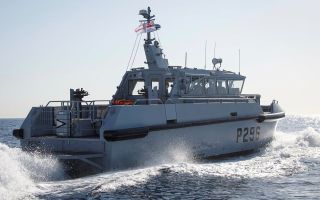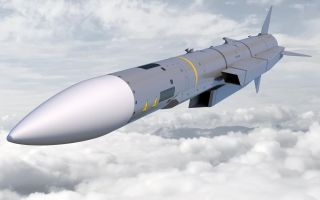Strategic Defence Review: Plans for the future of the UK's Armed Forces – at a glance
The Strategic Defence Review has outlined the Government's plans for military spending to help meet the threats posed to the UK in the coming years.
Plans to invest in new equipment for the Royal Navy, Army and RAF, as well as the defence industry, have been unveiled by Defence Secretary John Healey.
Improvements to military accommodation were also announced as part of the review.
In a joint foreword, the three authors of the SDR described it as a "truly transformational and genuinely strategic review".
Co-author General (Ret'd) Sir Richard Barrons said he believes the review sets out a vision which would mark "the most profound change in about 150 years in how you think about the Army, Navy and Air Force".

Royal Navy and nuclear capability
The review aims to create a new "hybrid navy" while investing in the continuous at-sea deterrent.
Plans to build up to 12 new attack submarines by investing in production at BAE Systems in Barrow-in-Furness and Raynesway in Derby through the Aukus programme will see a new vessel delivered every 18 months.
It also recommends that the Government should start work to define the requirements for the successor to the Dreadnought-class submarines.
The review outlined a commitment of £15bn in the UK's sovereign nuclear warheads as well as investment in cutting-edge warships and support ships, including new autonomous vessels to patrol the North Atlantic.
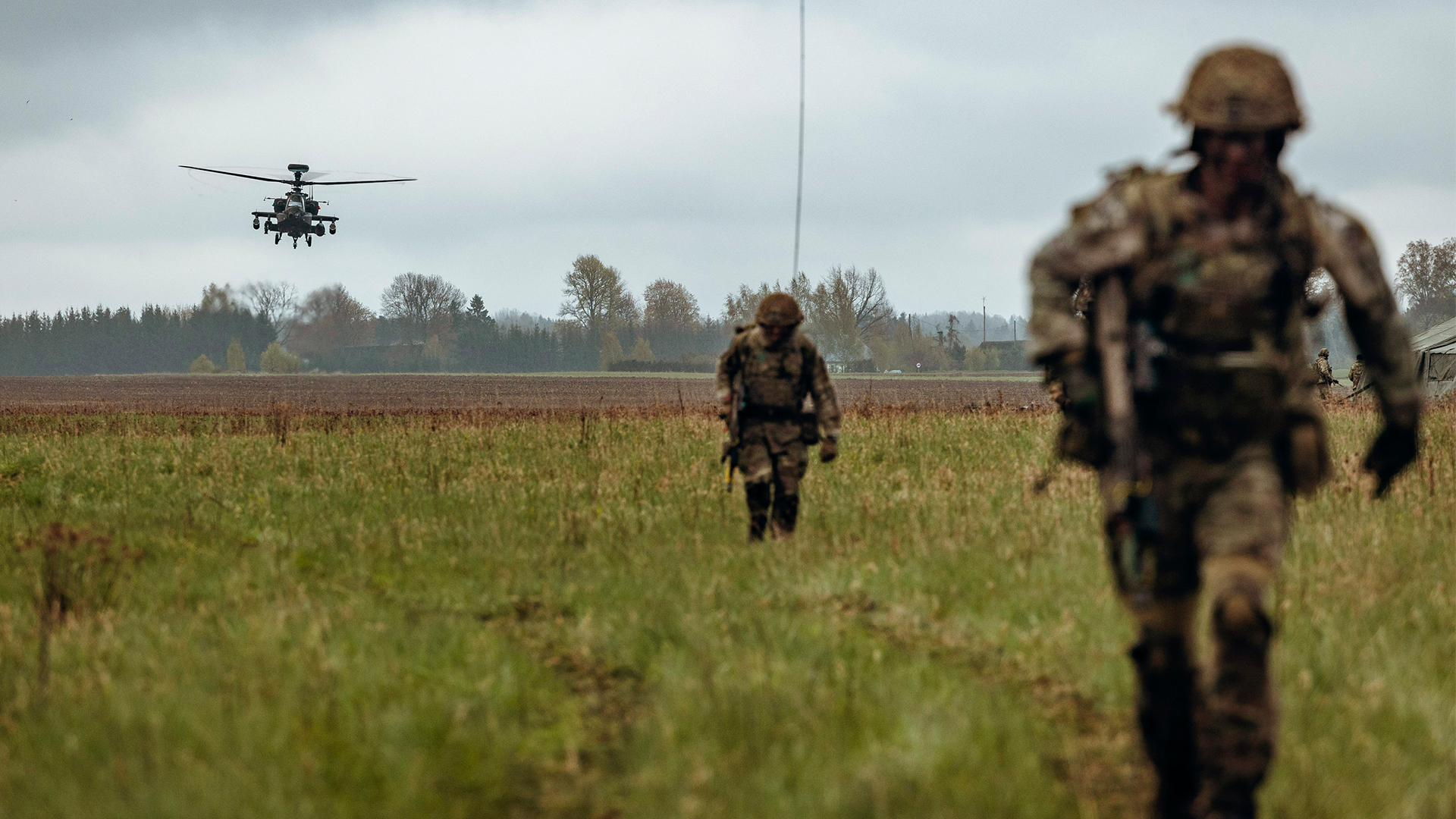
The Army
Plans to create a British Army 10 times more lethal were also outlined.
The SDR said the Army must evolve its mix of regular and reserves to a minimum of 100,000 soldiers, of which 73,000 should be regulars.
A small uplift in regular personnel should be considered when funding allows, accounting for the cost of equipping and training them.
While the Army should benefit from the proposed increase in active reserve numbers, it should focus the current active reserve only on tasks it can deliver well, and offer value for money.
It must modernise the two divisions and the corps HQ it provides to Nato as one of the alliance's two strategic reserve corps.
The Army must also accelerate the development and deployment of its new recce-strike approach, combining existing capability and technology while constantly evolving to modernise it.
The document identified the increase in personnel as a priority, with plans for a small uplift in regular soldiers as vital, plus a 20% increase in reserves by the 2030s.
It is hoped that releasing soldiers from back-office roles and making them available for frontline duties as a result of automating HR, finance and commercial functions by July 2028 should help with this.
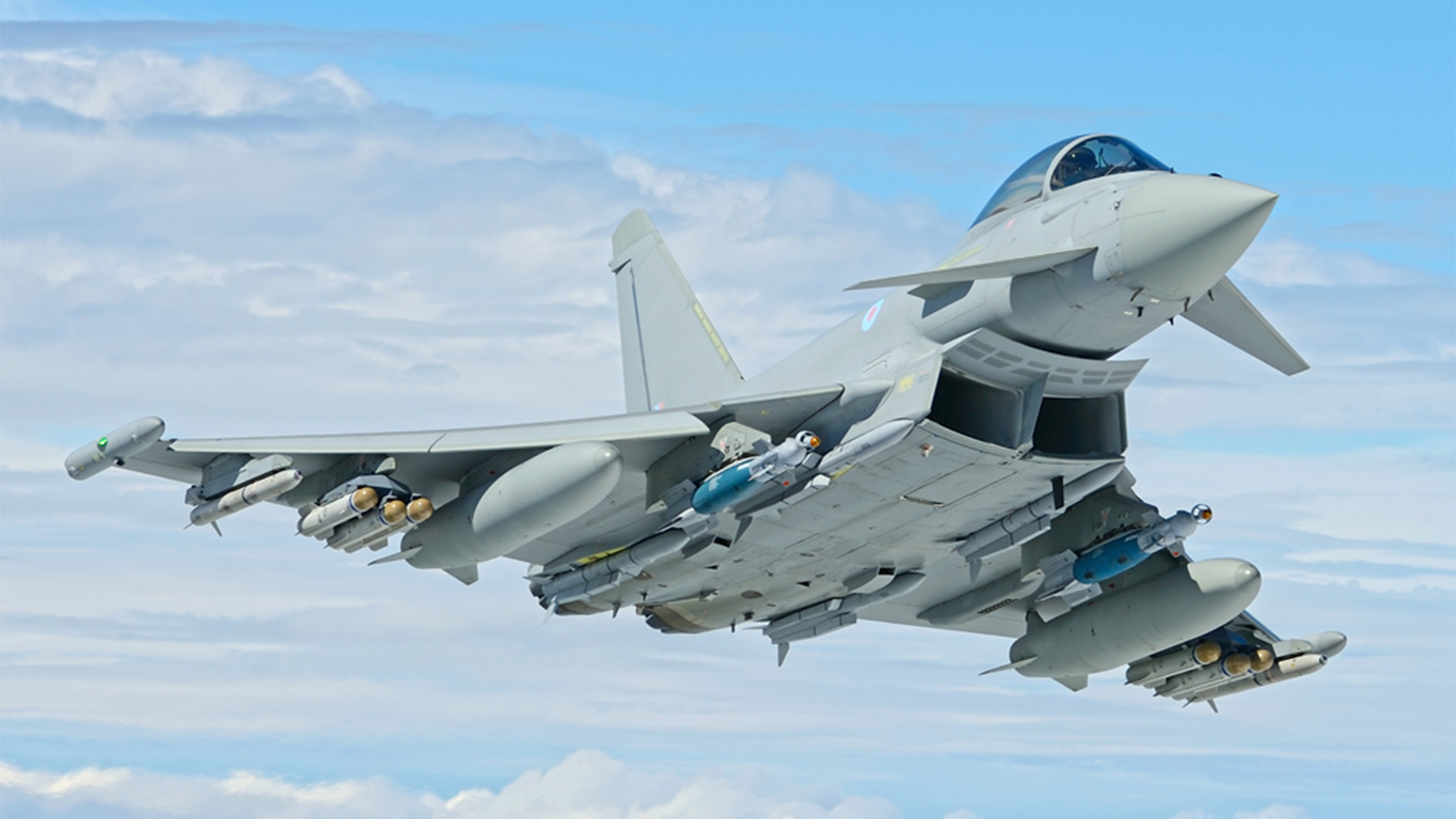
The RAF
Investment in the RAF is also included with proposals to spend more on the next generation of fighter through the Global Combat Air Programme.
This will be put towards F-35s, upgraded Typhoons, autonomous fire to defend Britain's skies and the ability to strike anywhere in the world.
Six new munitions facilities will be built in the UK during this Parliament, including £1.5bn being spent to create an "always-on" pipeline which will generate more than 1,000 jobs and boost export potential.
The Government wants to build up to 7,000 new long-range weapons in the UK to provide greater European deterrence and support around 800 jobs.
It also wants to invest in world leading innovation in autonomous systems this Parliament to boost UK export potential.

The Home Front
Improvements to Armed Forces housing are also being proposed with a generational renewal of accommodation.
At least £7bn of funding, including more than £1.5bn in new investment for rapid work to fix the poor state of forces family housing, has been pledged.
In the area of home defence and resilience, the Government is adopting a "whole of society approach" and wants to start a national conversation on defence.
Working with the Department for Education, the aim is to develop an understanding of the Armed Forces among young people in schools, in part by expanding Cadet Forces by 30% by 2030.

